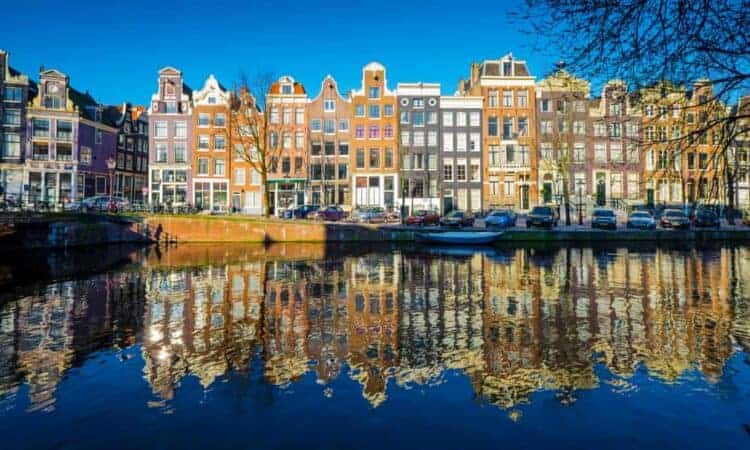via The Guardian, 13 Sep 2019: Not related to archaeology directly, but museology and representation of the past. The Amsterdam Museum said it will no longer use the term Golden Age (Gouden Eeuw) for the 17th century in recognition of the many negative things that also happened to bring about the said ‘Golden Age’ – colonialism in Southeast Asia, for example.
One of the Netherlands’ most prestigious museums has fuelled fresh debate over the the country’s colonial past by deciding it will no longer use the term Golden Age to describe the 17th century when it was at its pinnacle as a military and trading power.
The Amsterdam Museum said that in an attempt to be “polyphonic and inclusive”, the common description of the century in which the Netherlands bestrode the world stage would be banned from its exhibits.
The museum said the term Gouden Eeuw did not do justice to those who were exploited during the era in which the Netherlands was at the forefront of scientific discovery and artistic achievement.
Tom van der Molen, the curator of the 17th century at the museum, said: “The Golden Age occupies an important place in Western historiography that is strongly linked to national pride. But positive associations with the term such as prosperity, peace, opulence and innocence do not cover the charge of historical reality in this period. The term ignores the many negative sides of the 17th century such as poverty, war, forced labour and human trafficking.”
Source: End of Golden Age: Dutch museum bans term from exhibits | World news | The Guardian

























